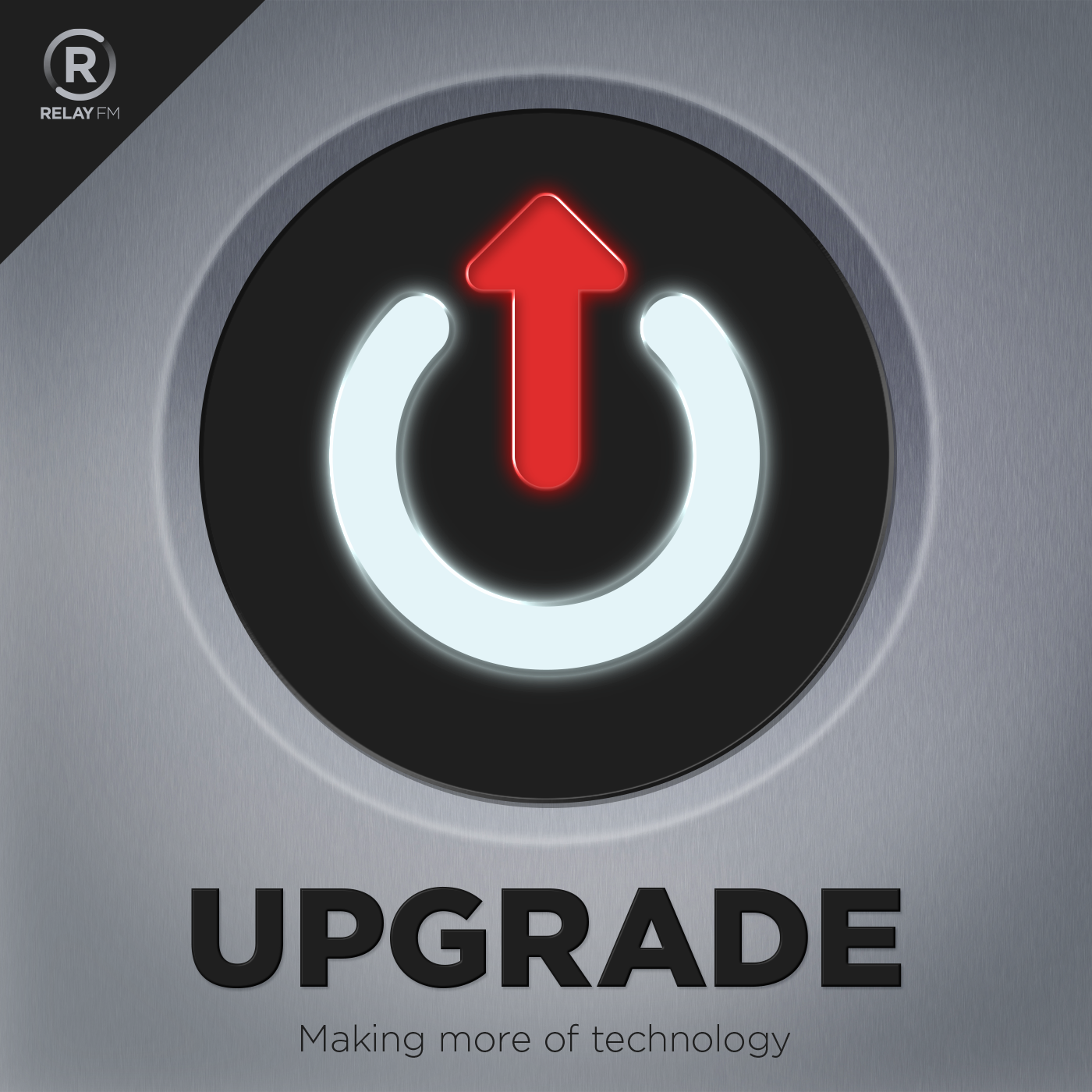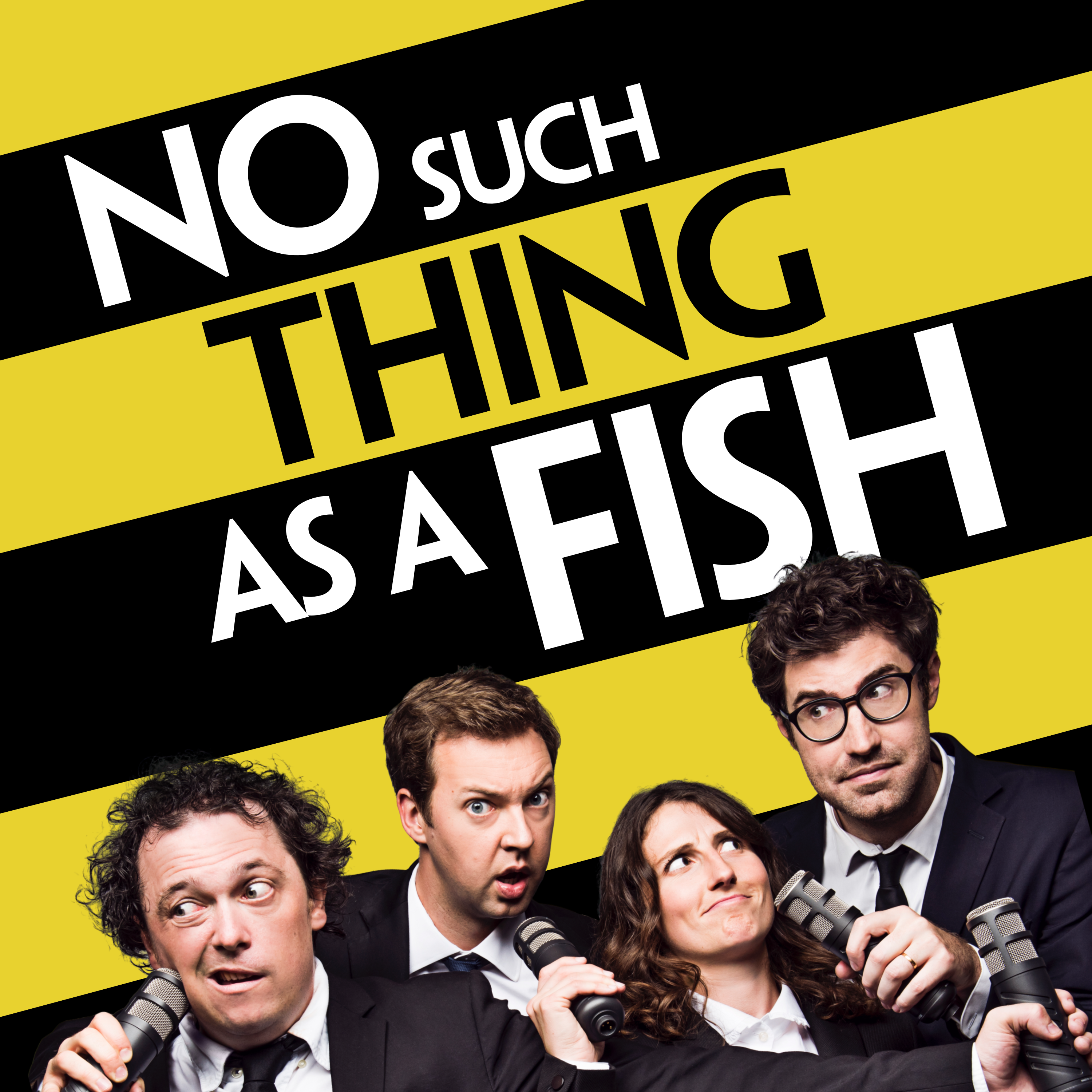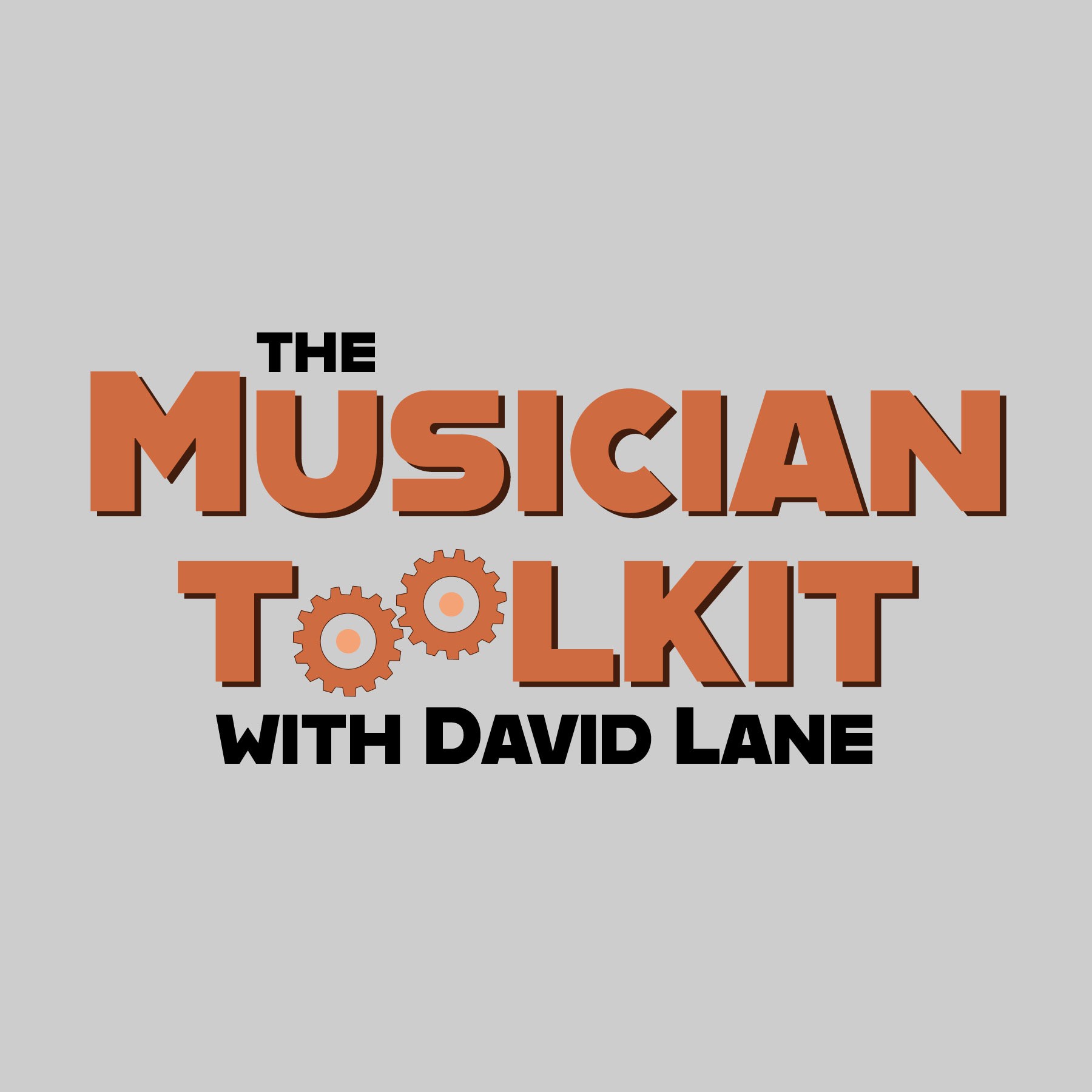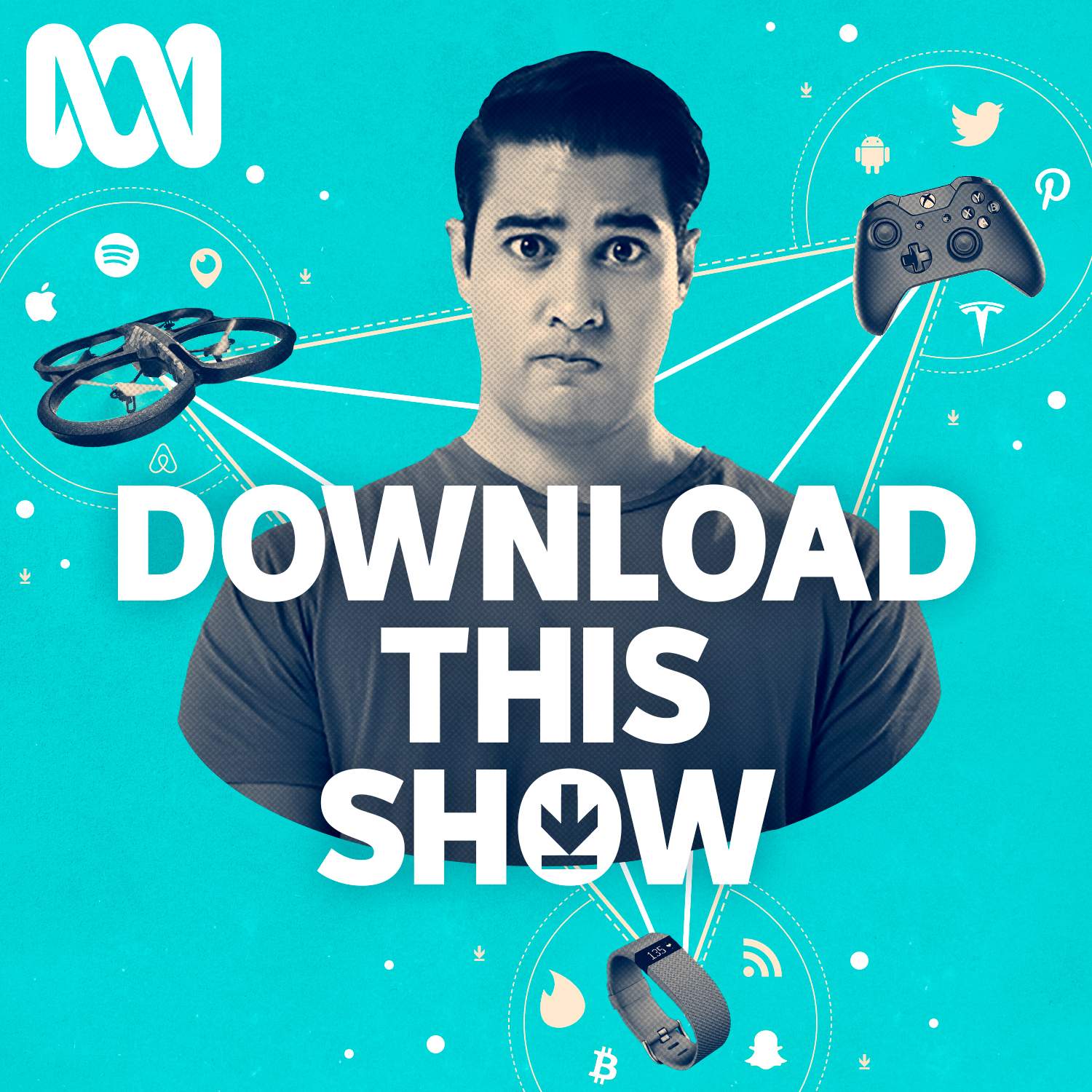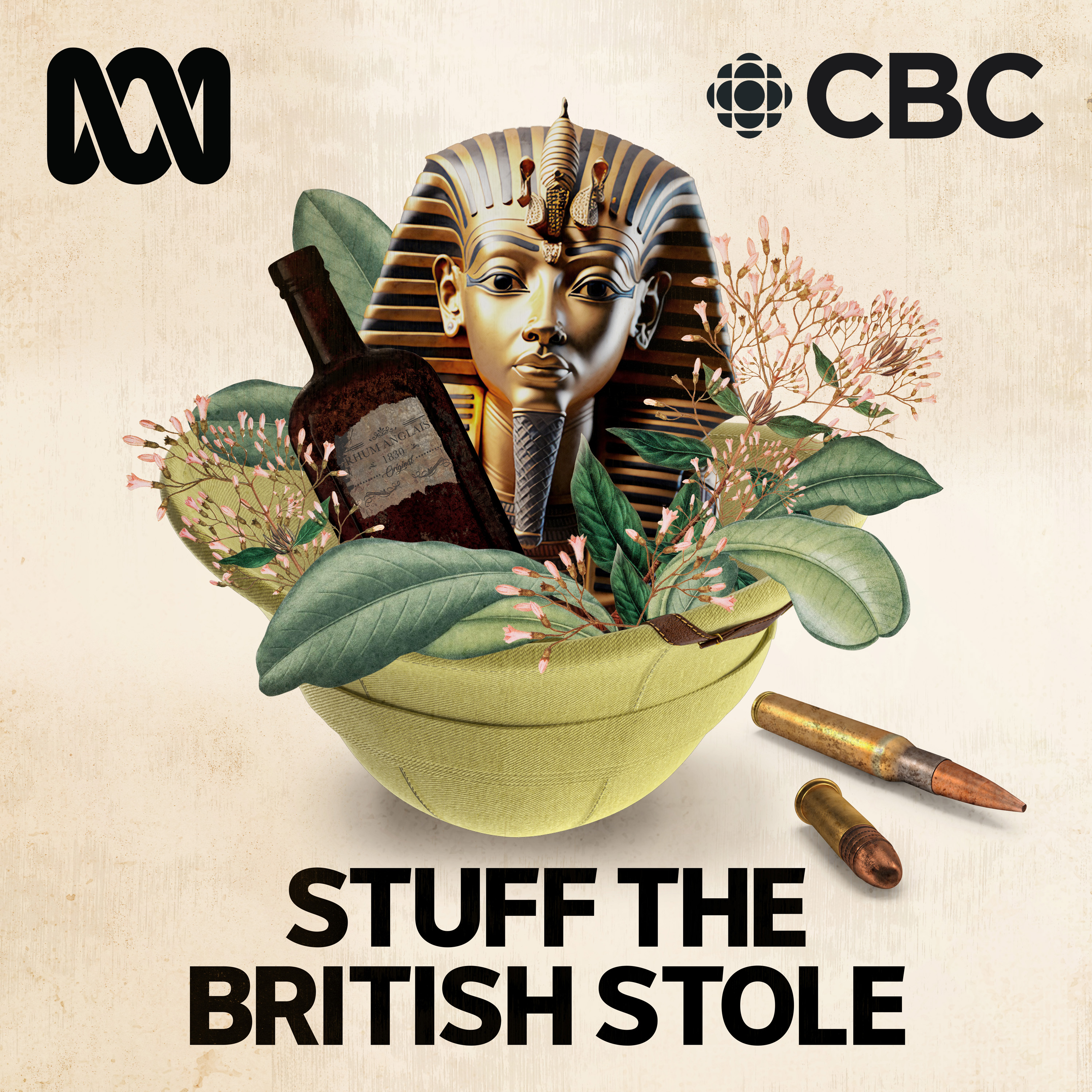
Piano, finally
Piano Finally is a podcast by an old bloke who is learning the piano, finally. I cover the process of learning the piano and music theory as an adult learner. I also review piano books, hardware and other materials from an adult learner's perspective.
Piano, finally
Episode 5 - A teacher
How are you going to learn the piano? Join me, David Reidy, in the latest episode of Piano Finally, where I kick off with an exciting update on the Gina Bachauer piano competition and its stellar performances with the Utah Symphony Orchestra. I also discuss the potential overhaul of the podcast website
Later in the episode, I look at the benefits of private piano lessons as well as the hurdles involved in learning in the traditional way. I detail why I decided to choose this path and how it might work for you too.
I also recommend the lamp I use at the piano (especially if you have a grand piano style instrument), and find a YouTube channel with some real flair.
I hope you enjoy the fifth instalment of the podcast
You can contact me:
- via email at david@pianofinally.show; this is probably the best option
- the show website, www.pianofinally.show
- Instagram and Threads @pianofinally
- and on YouTube
- all the podcast directories - list
- here's the RSS feed
Some of the links to books and other items mentioned in the podcast are affiliate links for Amazon or other providers. If you use one of these links, a commission may be paid to me at no additional cost to you. Thank you if you use a link.
All reviews of products, websites and services are unpaid, and no sponsorship has been received for any content on this podcast.
G'day everyone. I'm David Reidy, and welcome to Piano. Finally, a podcast by an old bloke who's getting around to learning the piano, finally. Welcome to episode 5. Thanks very much for joining in, and thank you to everyone who has been listening to the previous episodes. As I said last week, the numbers have been quite encouraging. If you'd like to contact me about anything, I say you can contact me on email. That's david@ pianofinally. show. The website is www. pianofinally. show, and the show notes have a text link that you can use to send me a text.
David Reidy:The website, though, is going to be upgraded. It's currently on Squarespace, but I found it doesn't really offer me enough flexibility to do some of the things that I want to do, so at the moment, I'm looking around for alternatives. This is not a fast process. It will take a little while. I'm currently investigating WordPress and some of the other services like that, but if all else fails, I'll just write one from scratch using HTML, CSS and PHP. Haven't done that in a while, but I think I'm still up to it.
David Reidy:To start with, an update on the Gina Bacow piano competition that I mentioned last week, the second part of the final was held this morning, my time starting at a very civilised 11am, so it was a nice thing to start the day with. There were two parts to the final performances. This was the second part, and they included concerto performances with the Utah Symphony Orchestra, with music by Beethoven, Mozart, Prokofiev and Rachmaninoff. All the performances were, of course, great and I won't spoil who the ultimate winner was, but their second round performance was pretty spectacular. I'll put a link to the competition and that final video in the show notes.
David Reidy:This week I'm going to have a look at a piano lamp. Good lighting is important to playing well and being comfortable at the piano. If the room you're in has good diffuse lighting, you're probably okay, but if your room has a single light in the centre of the ceiling, it can be difficult to get even lighting over both the keyboard and the music you may be reading. So you may need a specialised lamp of some sort. A good lamp will light up the pages evenly. That's not too hard, but it also has to illuminate the keyboard and that's 1.5 metres wide. The type of lamp you'll need will depend upon what type of piano or keyboard you're using.
David Reidy:There are lamps made specifically to sit on top of an upright piano and illuminate the music stand and keyboard. The BenQ lamp that is touted as the best piano lamp available at the moment is one such lamp, but it's expensive. My piano is the Kawai Hybrid Grand, so it has the same low profile that a grand piano with the lid closed has. After looking around, I settled on the CIVHOM piano lamp that I saw in a Living Pianos video. The lamp clamps on top of the music stand on the piano and easily lights up the whole keyboard and the music stand Because it's further forward than my hands. It doesn't cast annoying shadows on the keys and the clamping mechanism has padding so that it doesn't damage the finish of the wood on the music stand mechanism has padding so that it doesn't damage the finish of the wood on the music stand.
David Reidy:The lamp has three colour settings, from warm white to cool white, and a wide range of brightnesses so that you can get it just right. An interesting feature is that it also has a timer to turn itself off, so you can set it to go out after 10 minutes, 30 minutes or an hour or start indefinitely. I suppose that's one way to time your practice. I've been using it since I got the Kawai and it has performed without fault. If I were designing the lamp, I would have done one thing differently. I use a smart switch to turn off the power to the piano, the floor heater and the lamp when I finish playing. When the power comes back on, the lamp stays off until I touch its power button and it doesn't remember the brightness setting I left it at. It's a minor complaint and not a deal breaker. After all, the piano doesn't power itself up either. I bought the lamp from Amazon. I'll include an affiliate link in the show notes. When the package arrived it had a US-style power adapter, but as the lamp uses a USB-A connector for power, it was easily fixed by plugging it into a power board. If you have a grand piano-style instrument, I recommend the CIVHOM Piano Lamp.
David Reidy:There are many ways to learn the piano. Traditionally, it was usually through the skills being taught by a teacher. Before the invention of sound recording, the only way to hear piano music was through someone playing it in person. The impact of sound recording on music and music education is a topic we will delve into in a future episode. If the only way to hear properly played piano music was to listen to a person playing, it follows that the only way to learn would be. Piano music was to listen to a person playing. It follows that the only way to learn would be from a person willing to teach you. Indeed, there is a long history of famous pianists teaching students who would themselves gain fame and go on to teach more piano players. Beethoven taught Czerny, and Czerny taught Liszt, who taught Silotti, who in turn taught Rachmaninoff. So there is certainly a tradition of passing on piano knowledge in person. Today, there are options. The ease of access to both audio and video content means that there are many ways of seeing and hearing good piano playing.
David Reidy:The growth of offline learning across many fields has expanded from the old days when the only material available was educational programs on local television stations. This flexibility of methods empowers you to choose the best approach for your personal piano learning journey. The questions that I'm going to attempt to answer are is there still a place for private piano lessons and are they the right choice for an adult learner? My answers are a definite yes and a qualified possibly. Before discussing the reasons I chose private lessons as my primary learning method, let's consider the negatives, and there certainly are some. The most obvious one is cost. Private lessons are almost certainly the most expensive way of learning the piano. You're working one-on-one with a highly experienced professional and it's not surprising that their time is valuable. In Australia, the rate for a half-hour lesson is around $40 to $50, with hour lessons around $80 to $90. In London it's around £50 for an hour and New York around US$80 an hour. So it looks like Sydney is not a bad place to learn the piano. The other negative is the time commitment not so much the number of hours but their scheduling.
David Reidy:My experience is that most piano teachers tend to run their lessons in terms aligned with the school year. This makes a lot of sense when you consider that so many learners are also school students. But if you don't have students in your life, then it may be a bit surprising. This means that if you have weekly lessons, they're going to run in a block before a break for the holidays. In Australia, this normally means 10 weeks of lessons, followed by a two-week break, with a six-week break at the end of the year. In the Southern Hemisphere, school years are aligned to the calendar year. Why is this a problem? Well, if you're used to taking your holidays outside of school breaks, when places are less crowded and airfares are lower, you'll either miss lessons or your holiday plans will have to change. On the other hand, if your holiday plans are already designed around school breaks, you're already set for success.
David Reidy:I think the benefits of personal lessons easily outweigh the disadvantages. I'm going to include personal lessons that are conducted via live video as being the same as lessons in the same room as a teacher for our purposes. With the ready availability of internet connected cameras and everybody being used to Zoom and other such platforms, having a video connection is no longer the huge hassle it once was. The biggest advantage is having another interested person with whom you can discuss your piano learning and playing. You might be lucky enough to have friends and family who are also musicians and who are interested and supportive of your learning, but you can guarantee that your piano teacher will be supportive.
David Reidy:If not, it's time to look for another teacher. A good teacher will also structure their teaching around your strengths and weaknesses, and they'll take into account where you want to get to in your musical journey. This is especially true for adult learners, who often have a better idea of how they see themselves as a musician. If you have particular pieces of music that you want to play, a teacher can devise a roadmap to get you there over, however long it is likely to take. If you're like me, you also need to understand the why of a subject, in addition to the how, and that's another place a private teacher can help. They can give you reasons why things are done in a certain way. For example, there is a chord I found in a piece I've been looking at, and it's not one of the standard inversions. So in my next lesson I'm going to be asking my teacher for an explanation. I have no idea how I would phrase an internet query to get the answer, as I don't think Google allows you to enter note values, at least not yet.
David Reidy:Finally, your teacher will be outside your internet bubble. Youtube, in particular, suggests videos to me based on what I already like. My piano teacher, on the other hand, is able to suggest a much wider range of topics and musical styles than I would have possibly considered. At one of my early lessons, they suggested that we would look at improvisation. As I only knew it as a jazz concept and I'm not really a fan of jazz, I hadn't considered it, but, following the suggestion, I've been looking at classical and baroque improvisation and that looks really interesting, but I'm still a long way off giving it a proper try.
David Reidy:So how do you find a teacher who is the right fit for you? It's pretty easy if you're looking for private lessons via an online connection. Most teachers seem to have an associated YouTube channel, so you can see if their presentation style suits you In person. It can be a bit harder, though. I've found that many local teachers will offer a free first meeting and lesson to see if you and they are a good fit. Piano Teachers Near Me is a good starting point in the search engine. Local music stores will often be able to put you in touch with local teachers. Similarly, most primary and high schools have music programs that use external teachers, and some of them will offer private lessons outside of school hours. Lastly, there are probably commercial music schools near you with piano teachers, and these can often offer the most flexibility in hours, but I suggest making sure that they will give you the same teacher for each of your lessons. I think that finding a good piano teacher is probably one of the keys to successfully learning the piano. The personal connection that it gives a connection that will extend across many years, and sharing the journey with someone who has already walked the path will add to the satisfaction that learning the piano will bring.
David Reidy:Today's YouTube channel recommendation is Living Pianos Videos. There's a link in the show notes. Living Pianos is presented by Robert Estrin, a pianist with a long history of performing and educating. There are over a thousand videos on the channel going back 15 years. Is presented by Robert Estrin, a pianist with a long history of performing and educating. There are over a thousand videos on the channel going back 15 years, so you won't soon run out of things to watch. The videos all tend to be short, around five minutes, and they cover topics including performance notes for pieces and the history of both music and piano manufacturers. There are technique tips, insights on the psychology of playing and just about anything else that you can think of to do with pianos. There's even a section where Mr Estrin dresses up as historical composers and pianists and plays in their style on era-appropriate instruments. This is an eclectic channel.
David Reidy:If you're looking for something unexpected for your piano viewing, I can recommend Living Piano Videos with Robert Estrin. There's a link in the show notes. Well, that's it for this week. If you'd like to contact me, email is the best way. You'll find me at david@ pianofinally. show and the website once more, www. pianofinally. show. In both cases, piano finally is all one word. The show is also on Facebook, instagram and threads. The show notes for this episode are on the website and include a text me link which will also let you send me a message. So until the next episode, I hope your piano stays in tune and you enjoy your time at the Keys. This week's practice recording features some more short pieces from Denes Agay's book the Joy of First Year Piano.





